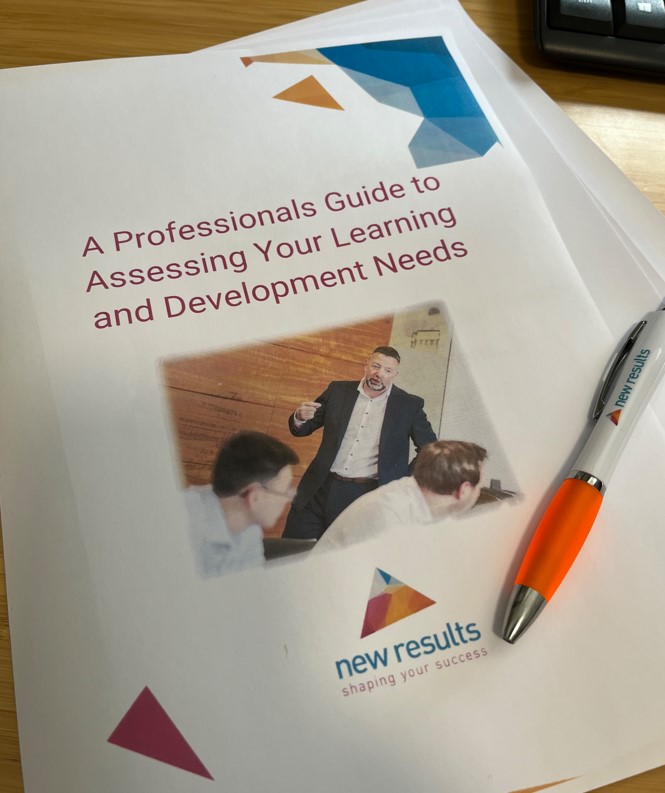I was thinking of this the other day. How on earth do you understand if your salespeople are, fresh, in date and wholesome? You need to think about this and you need to review regularly where your salespeople are.
In lots of other professional organisations and professional careers, people have to regularly update their personal development – their CPD (continuous personal development). People are reviewed and regulated on a fairly frequent basis.
For example, Solicitors – they have to adhere to the “Competence Statement for Solicitors” as well as ensuring that all of their development matches their learning needs. The Law Society suggest that “solicitors are expected to review their learning needs and address them through CPD activities. They are then asked to reflect on the learning and look at ways they can incorporate this into their practice. This should, in turn, lead to a further review of any other learning needs.” In the Financial Services sector have a regular set of learning at the start and throughout their career. H.R. professionals, on the other hand, go through CIPD and get themselves a professional accreditation once.
Salespeople don’t need anything to prove they’re fresh and up to date and where they should be.
Salespeople have no minimum standard or threshold to achieve
Salespeople have no need for any initial or ongoing development
Is this right?
Or, should we now, more than ever be looking at this critically and thinking ‘Actually, where are our salespeople in terms of their personal skill set? How good are they? Are they still in date and are they doing the job that we need them to be doing?’
In our experience many salespeople get pushed out into their roles, either selling over the phone or selling face to face, but there’s very few checks and balances to make sure they are doing the things that people assume they should be doing. Sales Directors and business owners are often shocked when we present them with evidential feedback of what their sale people are actually doing, not what they think or feel that their sales people are doing.
And what’s fascinating is when we look at this in detail, many salespeople have just wandered off to do whatever they want and if they get results, very often they’re just left alone. If they’re achieving what they should be achieving, they’re very often just left to their own means to get on and do whatever they think is appropriate in whichever way they choose to do it.
Now I don’t think that’s quite right because we’ve seen examples where, in the extreme, some customers have salespeople who are just doing the exact opposite of what the business professes to do, in terms of how they engage people, what they do and their professional standards (how many times have you experienced this).
What we’re saying is wouldn’t it be great if you, in some way, reviewed where your salespeople are and you understand how professional, ethical, moral and effective they might be. Because lots of salespeople get removed from positions, or moved on, or choose to move on themselves because they’re probably not being checked against what they were originally employed for and what they’re actually doing now.
How do you feel about rectifying this?
Well, you need to look at your own professional standards as salespeople. So you if you’re a salesperson you need to review where you are and how that marries up with your personal and ethical and moral compass. Also how it aligns with the company that you’re working for in terms of their ethical, moral and professional approach.
If you’re a Sales Manager, a Sales Director or business owner, you need to invest some time. If you’re a Coach, you need to get out there and observe. But equally, anyone in that last group (Sales Director, Manager or business owner); you need to observe as well. How often do you accompany your salespeople – the best and the least best. Yep, those performing and those not performing.
Are you actually observing what they do and understanding their behaviour in front of your customers? Because that’s the only way you can tell whether they’re still in date, whether they’re still fresh, whether they’re still good for consumer consumption.
If not, you need to stand back, reflect being prepared to help and support them to move into the space they need to be in. Or, if that doesn’t work you need to understand how you might change them, how you might move them on and how you might get them to a different place to where they are now.
Your salespeople need to be fresh, appetising and fit for your consumers.










